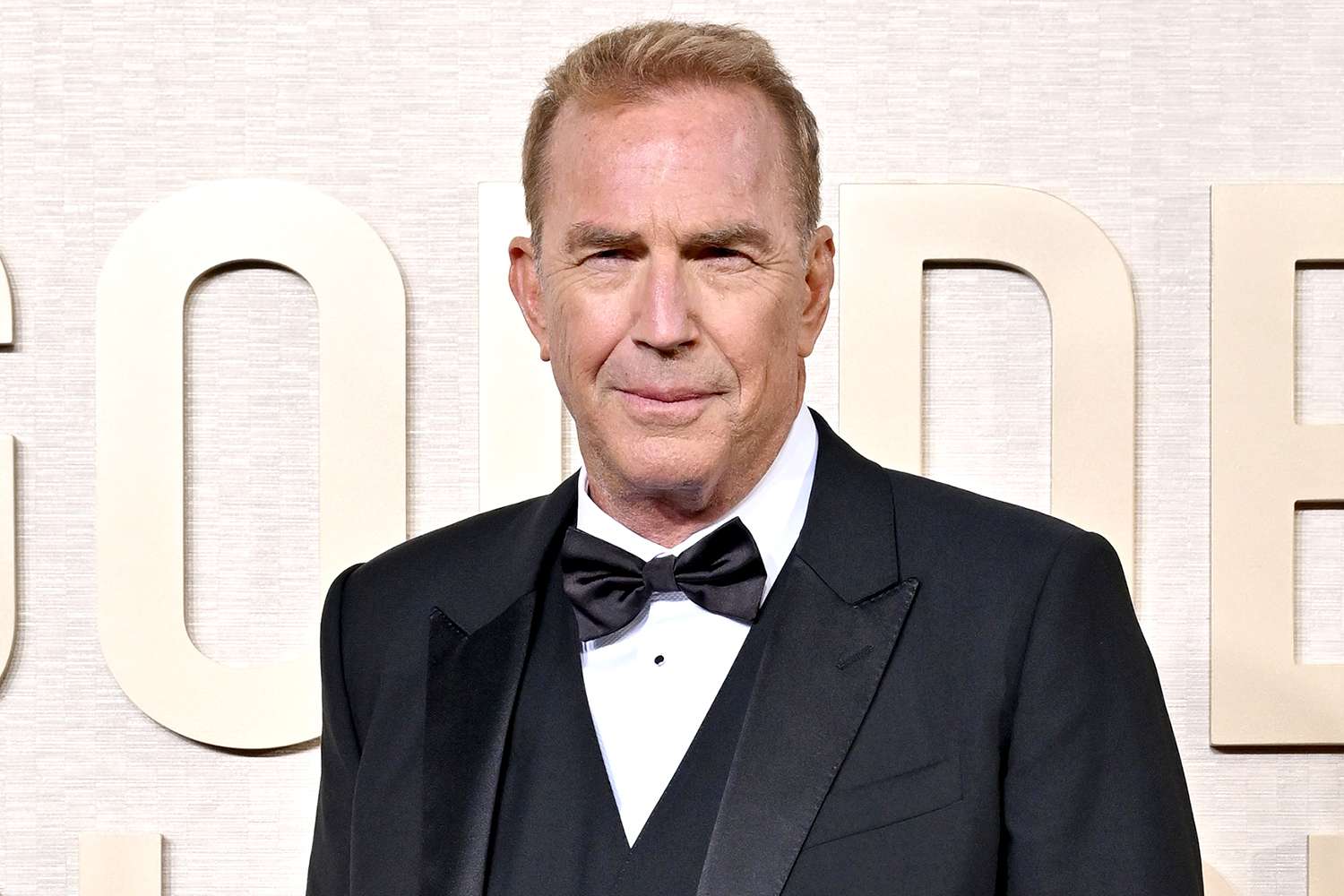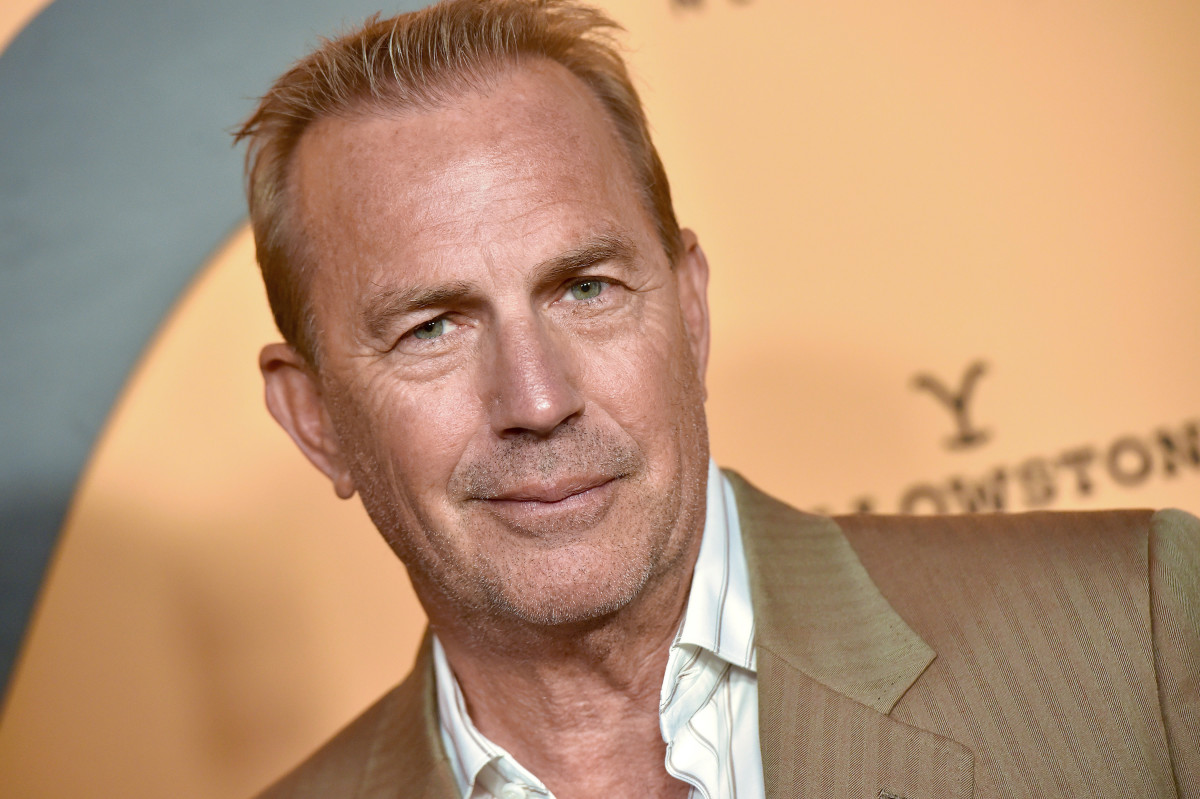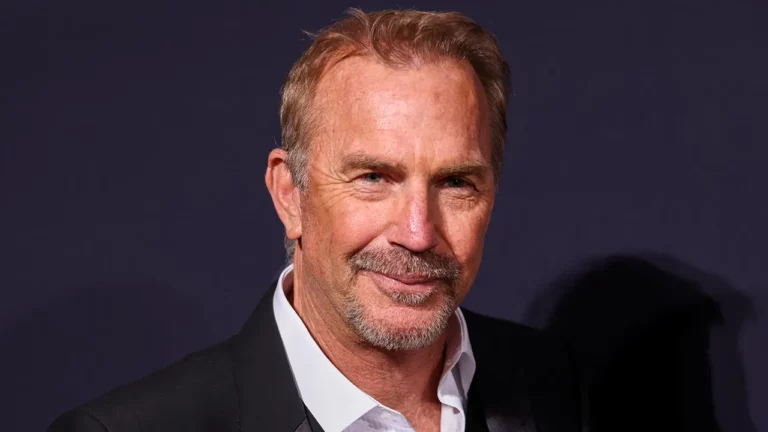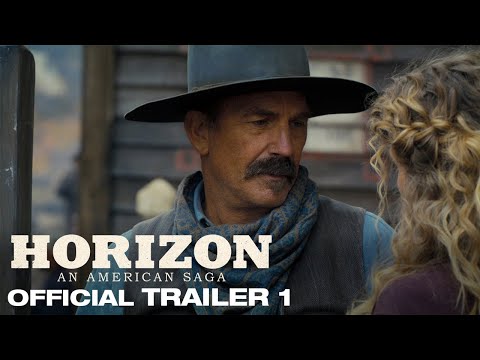Hollywood legend Kevin Costner is not just a stalwart on screen but also a visionary behind the scenes. As he introduces his latest cinematic endeavor, “Horizon: An American Saga,” at the prestigious 77th Cannes Film Festival, the buzz is palpable. The film, a sweeping narrative set during the tumultuous times of the Civil War and the expansion of the American West, represents not just storytelling ambition but also a business model that challenges the very fabric of film economics today.

The Endurance of Cinema Beyond the Box Office
From the onset, “Horizon: An American Saga” promises to be a cinematic journey unlike any other. Directed and significantly self-financed by Costner, the film has already garnered attention for its grand narrative and massive budget, nearing $100 million for the initial two parts. However, it’s not just the scale that’s noteworthy. In an era where digital consumption is rapidly evolving, Costner’s focus remains steadfast on the longevity of his project. “The reality of that is the film lives and whatever are the viewing habits, I own it for the rest of its life,”
he asserted in a recent interview with Deadline. This ownership allows him to relicense the films globally, ensuring a continuous revenue stream. Costner’s approach is clear: he’s not just making a film for its opening weekend but for decades to come..

Tackling the Myth of DVD’s Demise
In discussions surrounding the viability of physical media in a predominantly streaming world, Costner offers a refreshing perspective. Contrary to popular belief, he insists that DVDs are far from obsolete.
“DVD is not dead, at all. That’s what they’d have you believe,”
Costner remarked. This statement not only highlights his disagreement with common industry narratives but also underscores his commitment to accessibility for all fans, regardless of their ability to visit theaters.
Costner’s stance is reflective of a broader strategy, one that values the physical over the fleeting and prioritizes long-term engagement with his audience. His dedication to the format stems from a recognition that many fans still rely on DVDs and Blu-rays, particularly those who prefer owning a tangible piece of cinematic history.
https://twitter.com/HollywoodHandle/status/1788265241958068633
Horizon’s Path Forward: Innovation in Filmmaking and Distribution
As “Horizon: An American Saga” prepares for its subsequent chapters, the anticipation among cinephiles and industry insiders is growing. Costner’s dual role as creator and financier of the project places him in a unique position to redefine success in the industry. By focusing on long-term profitability and ownership, he is setting a precedent for how films can remain culturally and financially viable well beyond their theatrical release.
Moreover, the comparison with Francis Ford Coppola’s “Megalopolis” — another passion project by a legendary filmmaker — sheds light on a growing trend where acclaimed directors are stepping away from traditional studio dependencies to forge their paths.

Conclusion: A New Era of Filmmaking
Kevin Costner’s “Horizon: An American Saga” is more than just a film series; it is a testament to the enduring power of cinematic storytelling and an entrepreneurial spirit that challenges conventional industry norms. As the project unfolds, it will undoubtedly continue to captivate audiences, proving that true cinematic art does not merely survive the test of time — it thrives on it.
Costner’s approach, blending historical epics with innovative distribution strategies, not only captivates but also educates the industry on the potential for films to have a sustained impact. As he confidently moves forward with the third installment, the saga is not just set to live on; it is poised to redefine the horizons of Hollywood itself.

